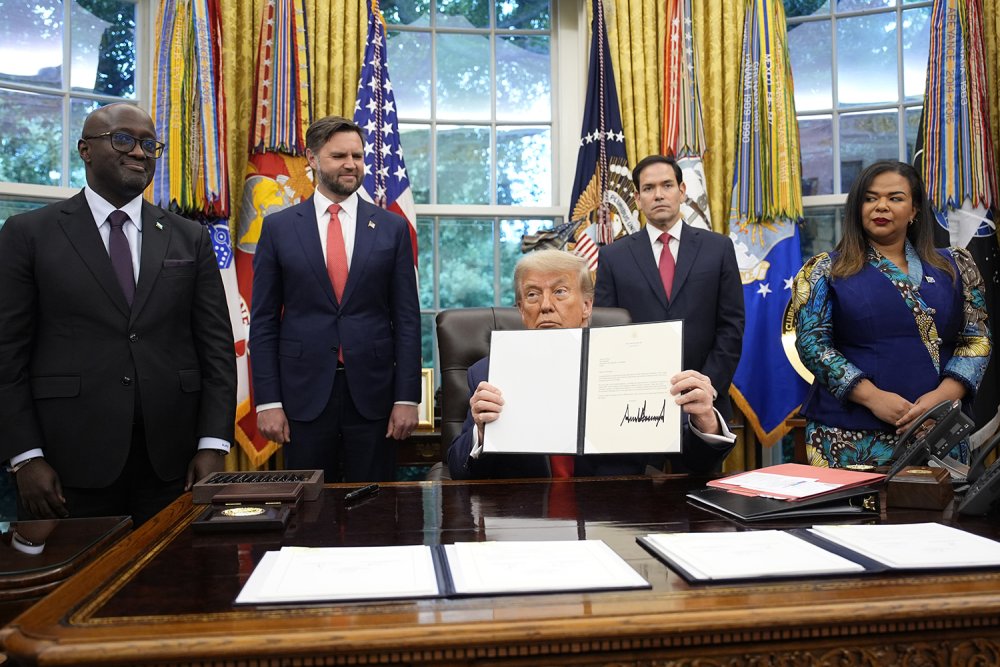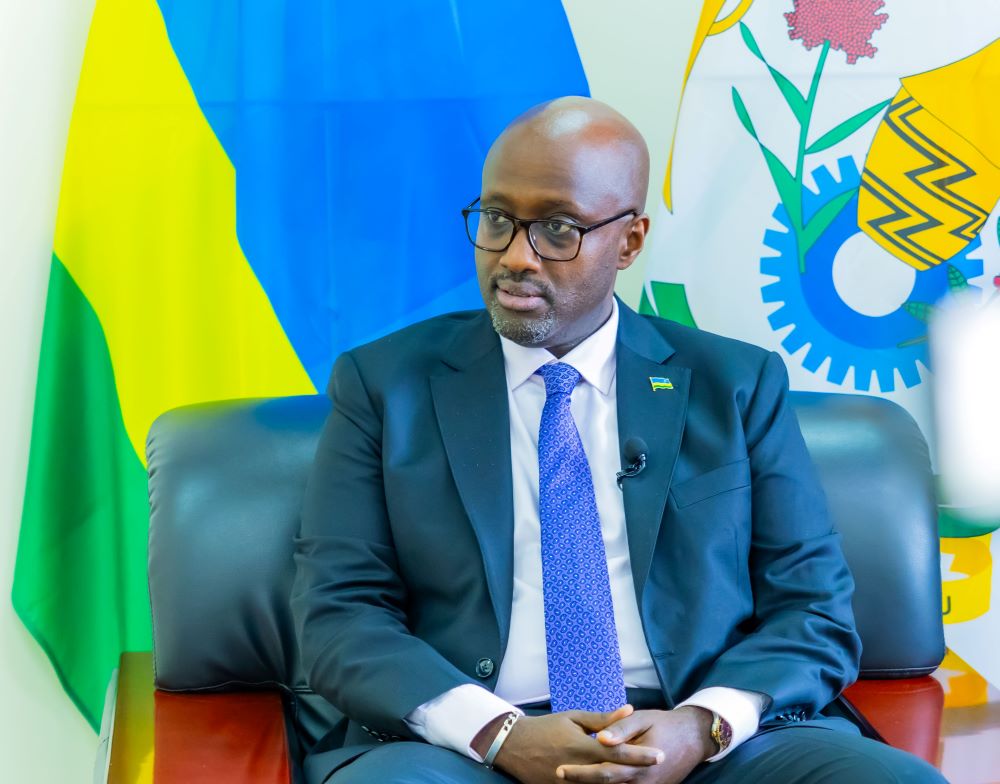New Date Awaited for Washington Meeting Between Presidents Kagame and Tshisekedi

After the United States postponed at the last minute a long-awaited meeting that was to bring together President Paul Kagame of Rwanda and his Congolese counterpart Félix Tshisekedi in Washington, D.C., on November 13, 2025, both Rwanda and the Democratic Republic of Congo (DRC) are now waiting for a new date to be announced.
The two leaders, along with the U.S. President Donald Trump, were expected to attend a ceremony to sign a bilateral economic cooperation agreement designed to reinforce the peace deal signed between Rwanda and the DRC on June 27, 2025.
According to Rwanda’s Minister of Foreign Affairs and International Cooperation, Ambassador Olivier Nduhungirehe, both Kagame and Tshisekedi had confirmed their participation before the U.S. government called off the meeting at the last minute. “I would like to inform you that President Tshisekedi, like President Kagame, had confirmed his attendance at the Washington meeting scheduled for November 13, before the United States postponed it at the last minute. The three parties are now working to find another date that fits their schedules,”
Ambassador Nduhungirehe said on November 12.
On the DRC side, Government Spokesperson Patrick Muyaya told Radio France Internationale (RFI) that President Tshisekedi would only travel to Washington once Rwandan forces have withdrawn from eastern Congo.
However, the Rwandan government has repeatedly denied having troops in eastern DRC, clarifying that it has only strengthened border security to counter potential attacks from the FDLR terrorist militia and its allied groups operating in the region.
Minister Nduhungirehe criticized Muyaya for spreading misinformation, emphasizing that the planned Washington meeting had a clear economic purpose to seal an agreement promoting mutual growth and stability. “Mr. Muyaya should stop misleading the public. All parties involved in the Washington talks had agreed that the meeting’s agenda was the signing of the economic cooperation agreement,”
Nduhungirehe stated.
Economic Partnership Framework
The draft economic cooperation agreement, approved by Rwandan and Congolese delegations on November 7, 2025, includes key areas such as:
Joint mining ventures,
Construction of the Rusizi III Hydropower Project, and
Cross-border trade facilitation.
The initiative is supported by the Trump administration, which has been pushing for closer economic and diplomatic ties between the two neighboring countries.
President Trump has frequently expressed optimism that such cooperation will improve the lives of citizens on both sides of the border and foster broader regional stability.“Once Rwanda and the DRC sign this economic cooperation agreement, their people will prosper and live in peace and even neighboring nations will benefit,”
Trump told reporters on July 9, 2025, adding that Kagame and Tshisekedi were expected to meet “within the coming weeks” to finalize the accord.
Challenges and Postponements
Despite Washington’s optimism, growing diplomatic tensions between Kigali and Kinshasa have repeatedly delayed the anticipated summit.
Three months after Trump’s assurance, the U.S. had initially proposed October 23, 2025 as a new date for the leaders to meet. However, the DRC later announced that it would not sign any economic agreement until all security issues in its eastern provinces were resolved.
Negotiations continued between Washington and both capitals, leading to a rescheduled date of November 13, 2025 but the meeting was once again postponed, with no official explanation provided this time.
According to Africa Intelligence, Washington is now considering November 21, 2025 as the potential new date to host Presidents Kagame and Tshisekedi in the U.S. capital, following two unsuccessful attempts in October and November.
The postponed Washington meeting underscores the fragile balance between political mistrust and economic opportunity in the Great Lakes region. While Rwanda and the DRC have shown willingness to rebuild ties through trade and shared infrastructure projects, lingering security concerns and political rhetoric continue to stand in the way of full normalization.
If successfully convened, the Washington summit could mark a historic milestone in regional diplomacy reaffirming economic cooperation as a pathway to long-term peace. Until then, both Kigali and Kinshasa remain in a holding pattern, waiting for a new date that could redefine the future of their bilateral relations.



SUBSCRIBE TO OUR NEWSLETTER












